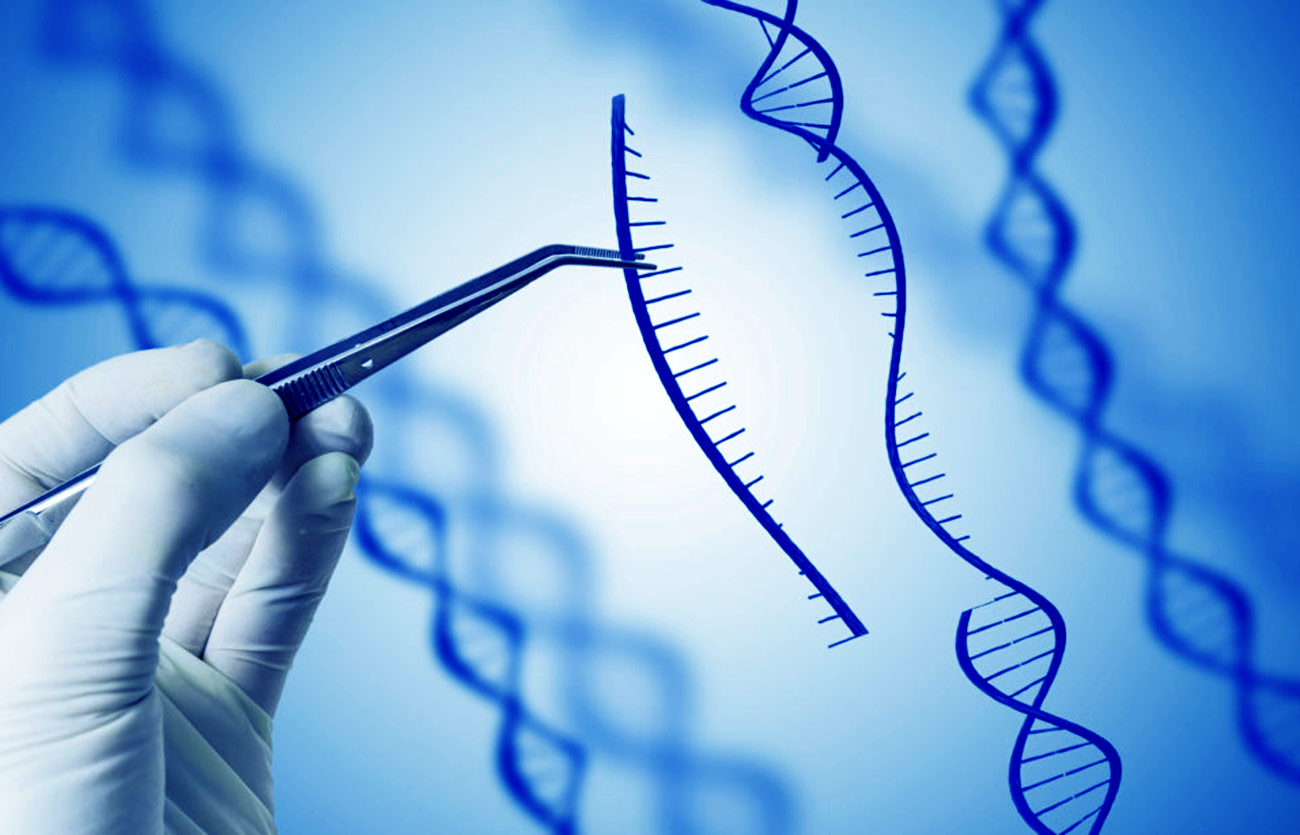Study By Aarhus University, Denmark Shows That The Same Genes Are Linked To Autism and ADHD
Source : Thailand Medical News Nov 28, 2019 5 years, 4 months, 4 weeks, 1 day, 39 minutes ago
Globally, approximately 1.6 percent of schoolchildren have autism and 2.8 percent are diagnosed with ADHD. Autism and ADHD are different developmental disorders, but they can have certain common symptoms. For example, children with autism can demonstrate violent or aggressive behavior, be impulsive, and have problems in school and with social relations and these same symptoms can be shared by children with ADHD.

Medical researchers from iPSYCH, Denmark's largest research project in the field of psychiatry, have now discovered that the similarities between the two diagnoses can be linked to changes in the same
genes. The new study is the largest study to date of rare mutations in the genome of people with
ADHD and
autism.
Dr Anders Børglum, who is professor at Aarhus University, principal investigator at iPSYCH and one of the leading researchers behind the study told
Thailand Medical News, "The very fact that mutations are found to the same extent and in the same
genes in children with
autism and in children with
ADHD, points towards the same biological mechanisms being involved,"
Dr Børglum added, "This is the first time that the genome has been mapped so comprehensively for both
ADHD and
autism, and the discovery that children with
ADHD have the same amount of deleterious
gene mutations in their DNA as children with
autism is both striking and quite surprising."
The results of the study point directly towards which biological causal mechanisms are shared by
ADHD and
autism.
Dr Børglum explained, "In the study, the gene that is most frequently affected by mutations in people with
ADHD or
autism is the so-called
MAP1A gene. The gene is involved in the formation of the physical structure of nerve cells ,their inner 'skeleton', so to speak and is important for the development of the brain."
This represents a breakthrough as this is the first time that this gene has been linked to the development of
ADHD and
autism, and the mutations found by the researchers give a significantly increased risk of developing
autism and/or
ADHD.
Dr Børglum further explained, "We discovered an increased burden of mutations that destroy or severely affect the
MAP1A gene in those with
ADHD and
autism, while very few of the control subjects had such changes in t
he
gene."
This implies that the risk of
ADHD and
autism increases by more than 15 times for people who carry such a mutation. The researchers have analyzed the
genes of approximately 8,000 people with
autism and/or
ADHD, and 5,000 people without either of the two disorders, all from Denmark. The study also incorporated additional data from approx. 45,000 international control subjects who did not have any psychiatric disorders.
The researcher explained, "The study shows that many more
genes for
ADHD and
autism can be identified directly by studying more people in a similar way with extensive DNA sequencing, thereby providing a more complete picture of the biological causal mechanisms and possible approaches to medical treatment."
As part of the project, Børglum and his colleagues have had access to samples from the Danish National Biobank at the Statens Serum Institut and to data from the Danish Psychiatric Central Research Register. People born in Denmark between 1981 and 2005 were matched with diagnoses of
autism,
ADHD and mental retardation.
The study was carried out in collaboration with the Broad Institute and Harvard.
Reference: Satterstrom et al. (2019) Autism spectrum disorder and attention deficit hyperactivity disorder have a similar burden of rare protein-truncating variants. Nature Neuroscience. DOI: https://doi.org/10.1038/s41593-019-0527-8
